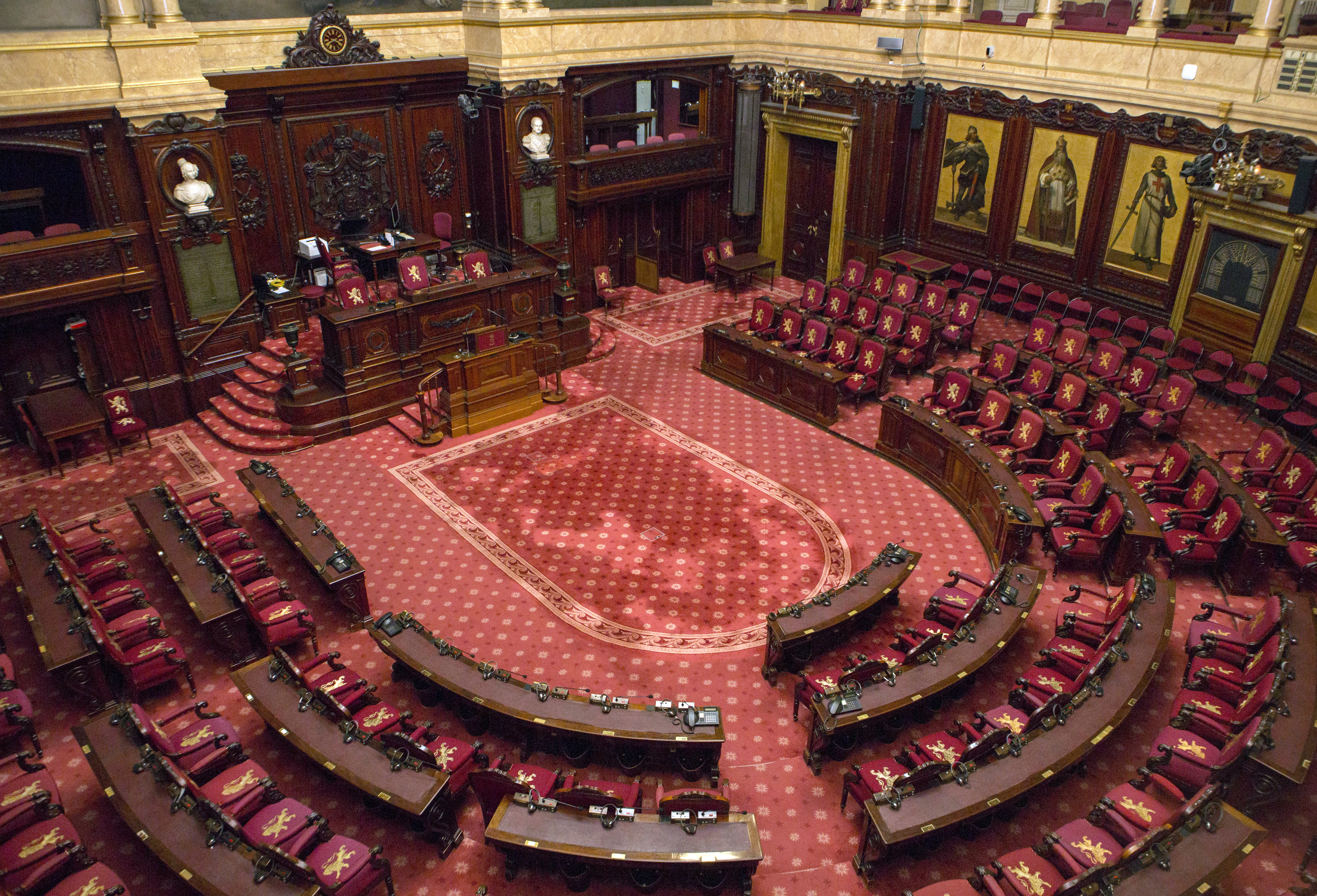
Depending on the subject, there are three procedures for making federal laws.
For amendments to the Constitution and to the laws laying down the structure, powers and functioning of our country's institutions, the Senate and the House of representatives are competent on an equal footing. For this first category of laws, which are adopted by special majorities, both federal chambers must agree on exactly the same text.
For a number of other matters, the Senate can take on board a draft law adopted by the House of Representatives by means of an "evocation procedure" and propose amendments. However, the Chamber has the last word.
In so-called "monocamerial" matters, the Senate does not intervene at all in the legislative procedure. The House sends its text directly to the King for ratification and promulgation.
© Belgian Senate
